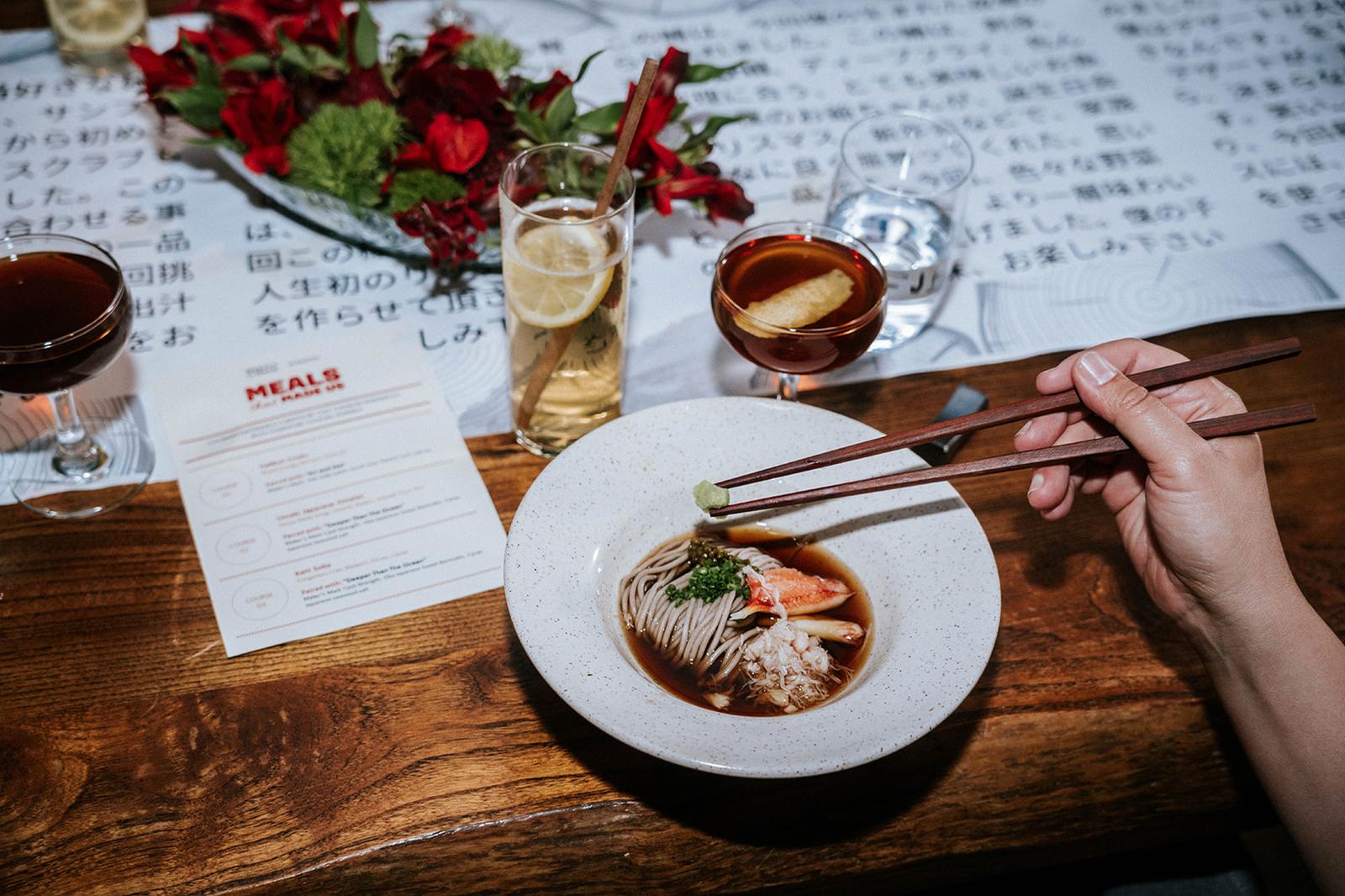One of the key trends in guest expectations for 2020 and beyond is food inclusivity at venues and catered events– this means accommodating allergies and other dietary restrictions as often as possible. To help you get started, we’ve put together this simple list of the food categories to consider when putting together your event menu.
Event Food Trends
Food allergies and sensitivities
While certainly not new, allergies and sensitivities have become more top-of-mind over the past few years. It’s estimated that 32 million Americans have some type of food allergy, and these can cause discomfort, illness, and even death ( FARE).
Play it safe and ask about allergies on the front end of your planning. Consider keeping pre-planned menus on-hand that accommodate the most common allergens (like gluten and peanuts), so that you can be ready when you receive those requests. Then you can easily create tailored menus or denote special menu items based on the requests your guests have made.
Takeaway: You work hard to make your food great, so make sure it’s safe for everyone. Ask about allergies in advance and keep your team informed. If you use Gather, the internal event notes section is a great place to track this information.
Health-conscious choices
When it comes to healthy choices, the key is to offer options. You don’t have to change your menu for every new diet trend, but you should strive to provide dishes that please as many people as possible.
One great way to accommodate health preferences is with buffet-style meals where guests can mix and match their meals. Themes like taco bars and Mediterranean food that typically have multiple types of meat, vegetables, and grains allow guests to take what they want and leave what they don’t. Providing vegetable-heavy dishes and items that are baked or roasted (as opposed to fried) are also easy ways to get in with the health-conscious crowd.
Takeaway: You can’t go wrong with fresh foods, lots of veggies, and customizable dishes.
Plant-based meat options
Alternative meats saw a meteoric rise in 2019, and even some fast-food restaurants are now carrying meatless burgers and other alternatives to red meat. For example, Impossible Foods offers plant-based proteins made from soy that mimic the flavor and smell of meat. It will be up to your venue as to whether there’s enough demand to stock something like this, but it’s an excellent substitution for vegetarian and vegan eaters that don’t require you to create a completely alternative meal.
Takeaway: Whether or not you decide to include plant-based meats on your menu, make sure to do your research and include options that fulfill vegetarian and vegan needs.
Non-alcoholic drinks
While many different types of events involve adult beverages, it’s a great idea to offer equally delicious beverages geared toward those who don’t want to imbibe. Including a mocktail or two on your menu is an easy way to make all guests feel included in the fun.
Takeaway: Adding non-alcoholic drink options to your cocktail menu will help all guests feel welcome to enjoy the atmosphere with or without alcohol.
Religious standards like Kosher or Halal
Food inclusivity also means being aware of the different food requirements that are associated with various religions, which can include standards on what to eat, when to eat, and which foods can and can’t be consumed together.
If the needs of this kind come up during the planning process, make sure that you fully understand the request and then keep your staff and chef in the loop.
Takeaway: It’s okay if you don’t know the ins and outs of every religious standard, but make sure to work with your guests to provide food and beverage options they will enjoy.
Keep everyone on your team on the same page with Tripleseat, the leading event management platform. With the ability to tag-team members, create internal notes and auto-generate BEOs, communication is simpler than ever. See Tripleseat for yourself today .
Editor's Note: This post was originally published on the Gather blog.


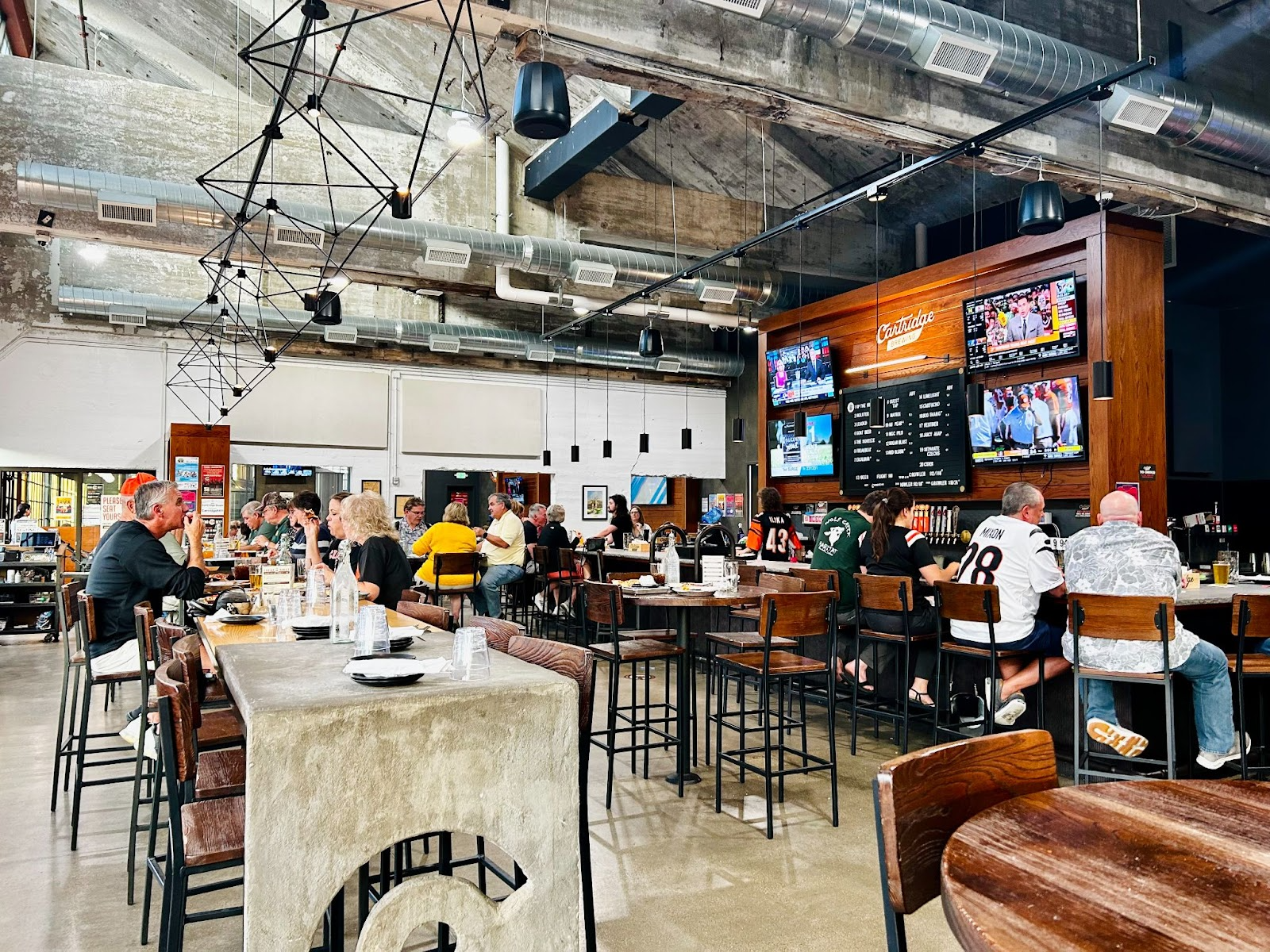

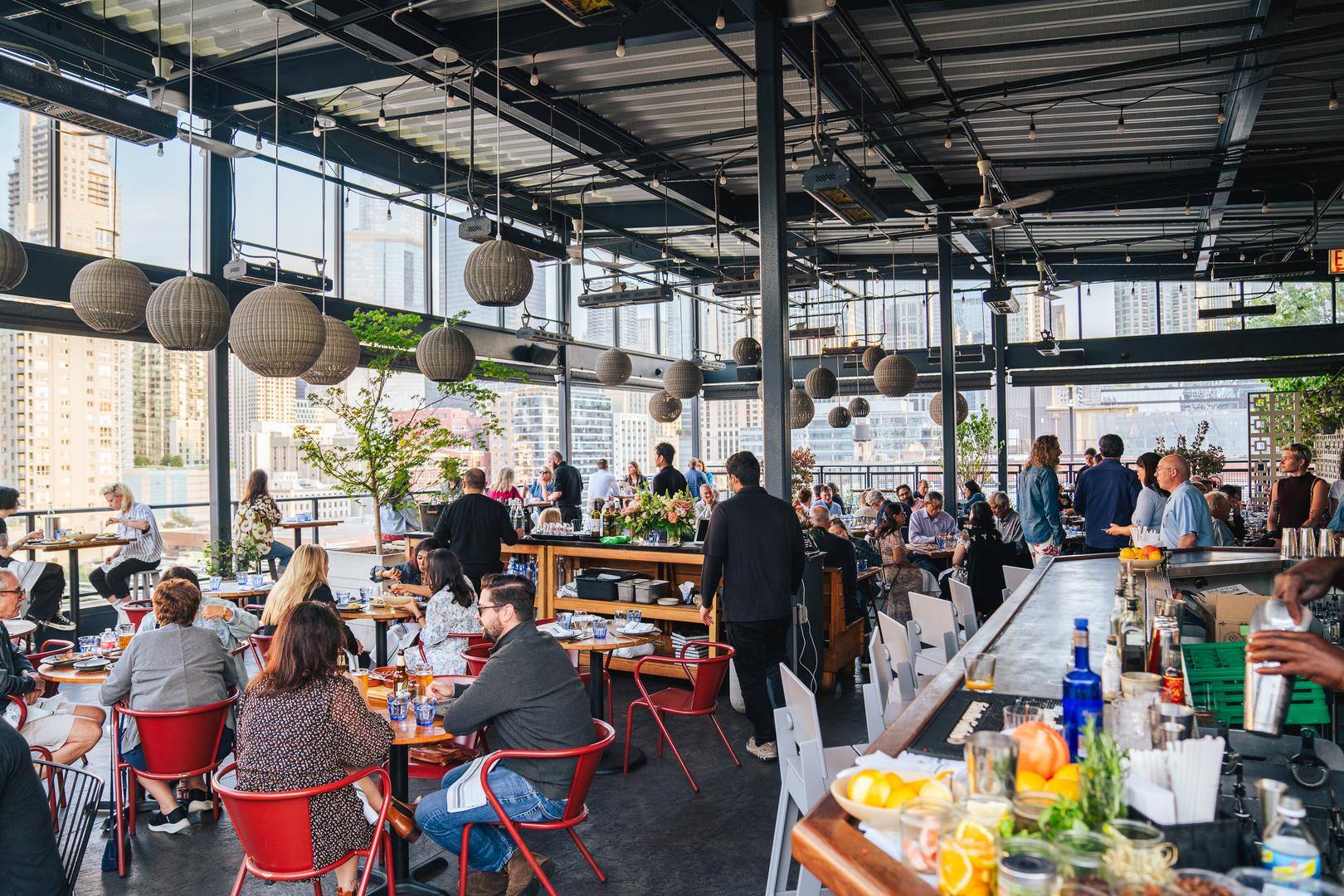






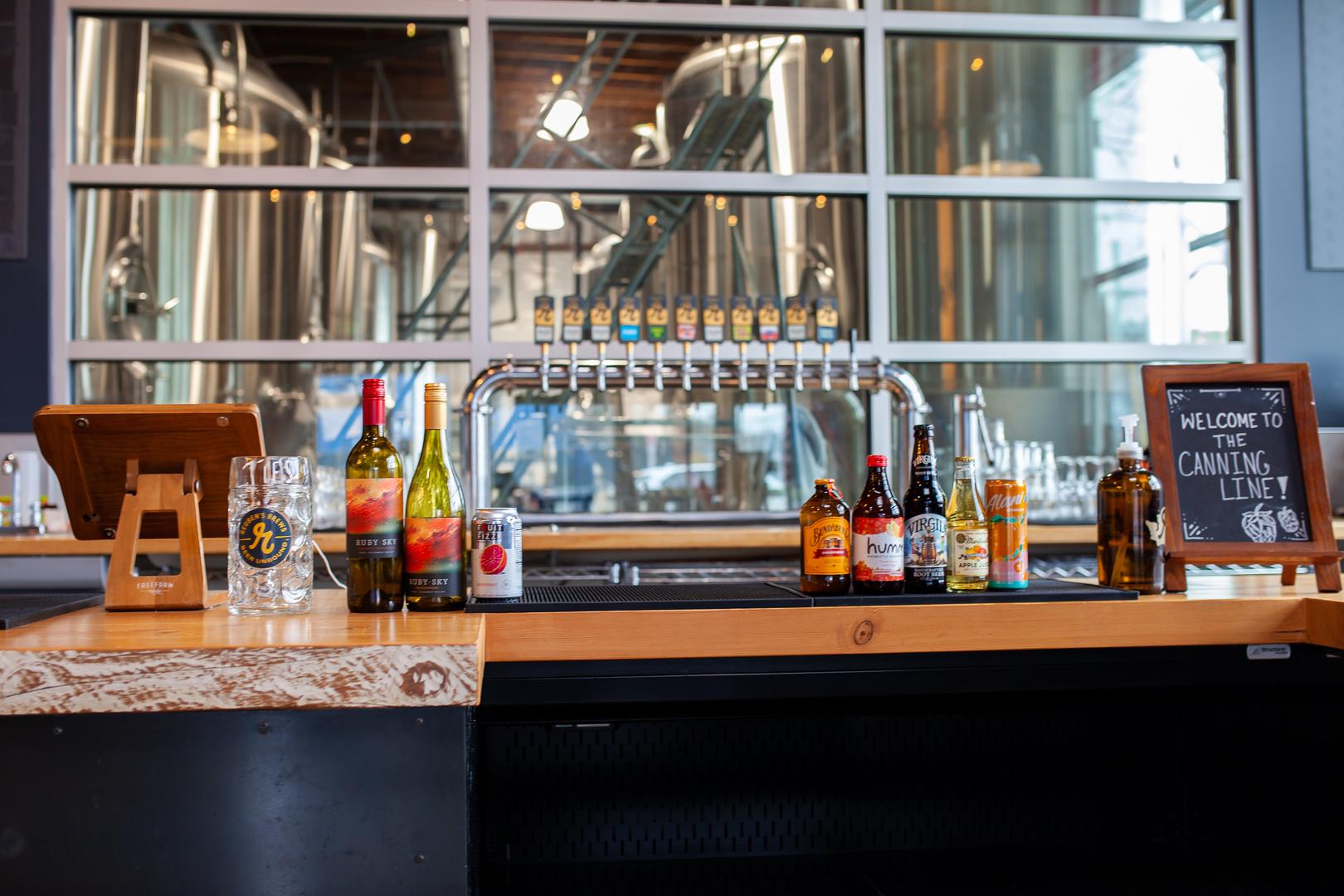
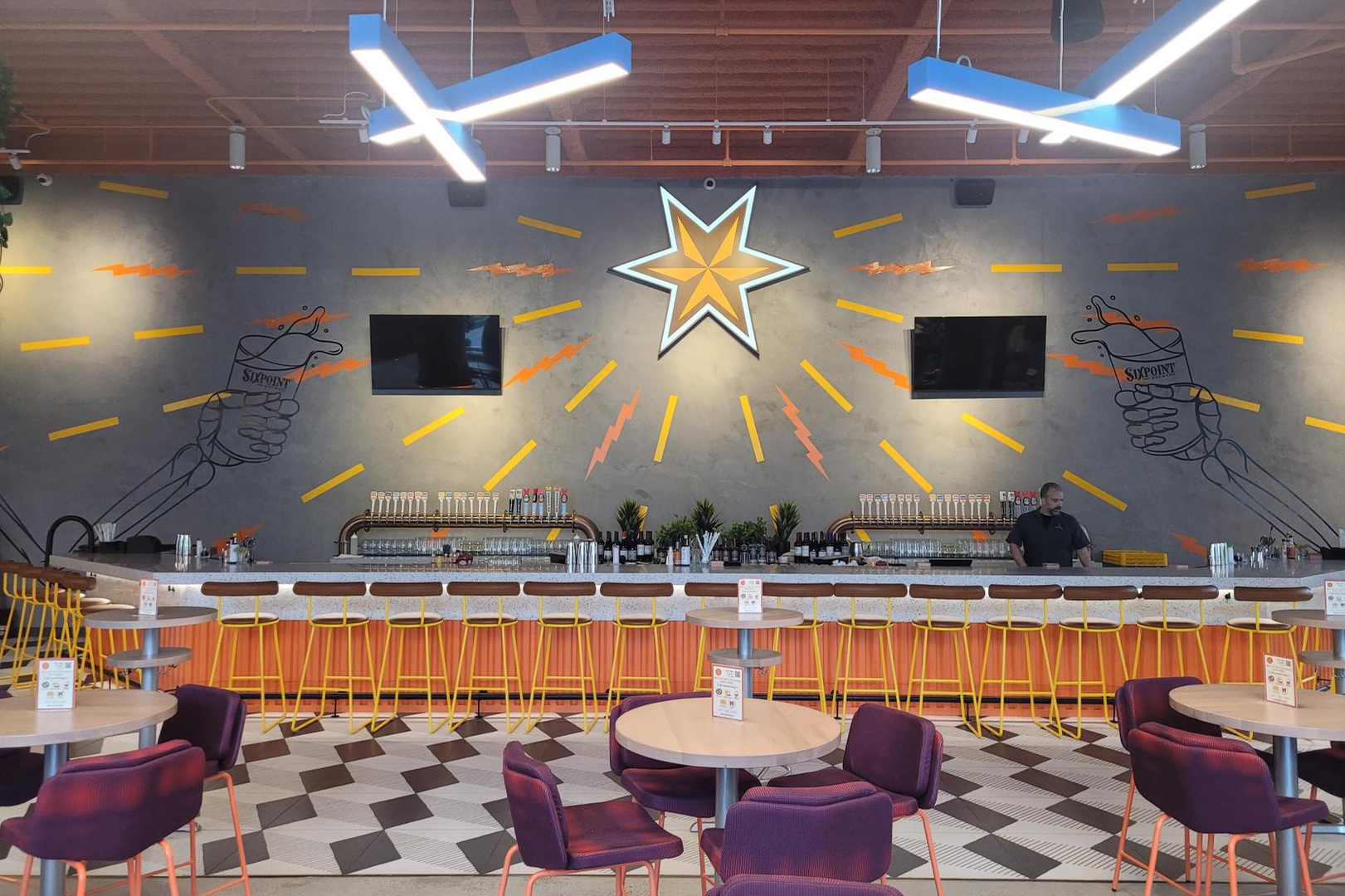
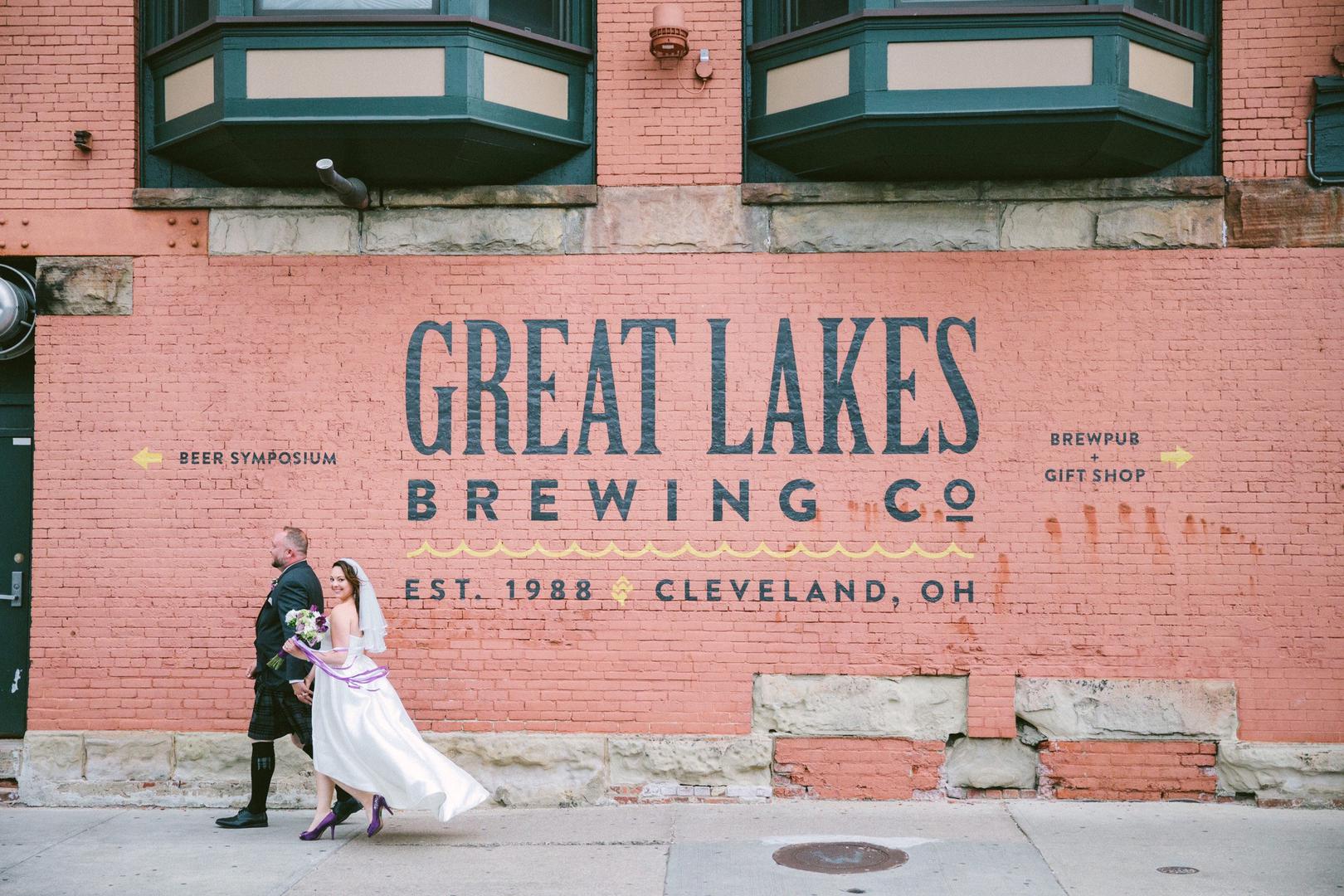
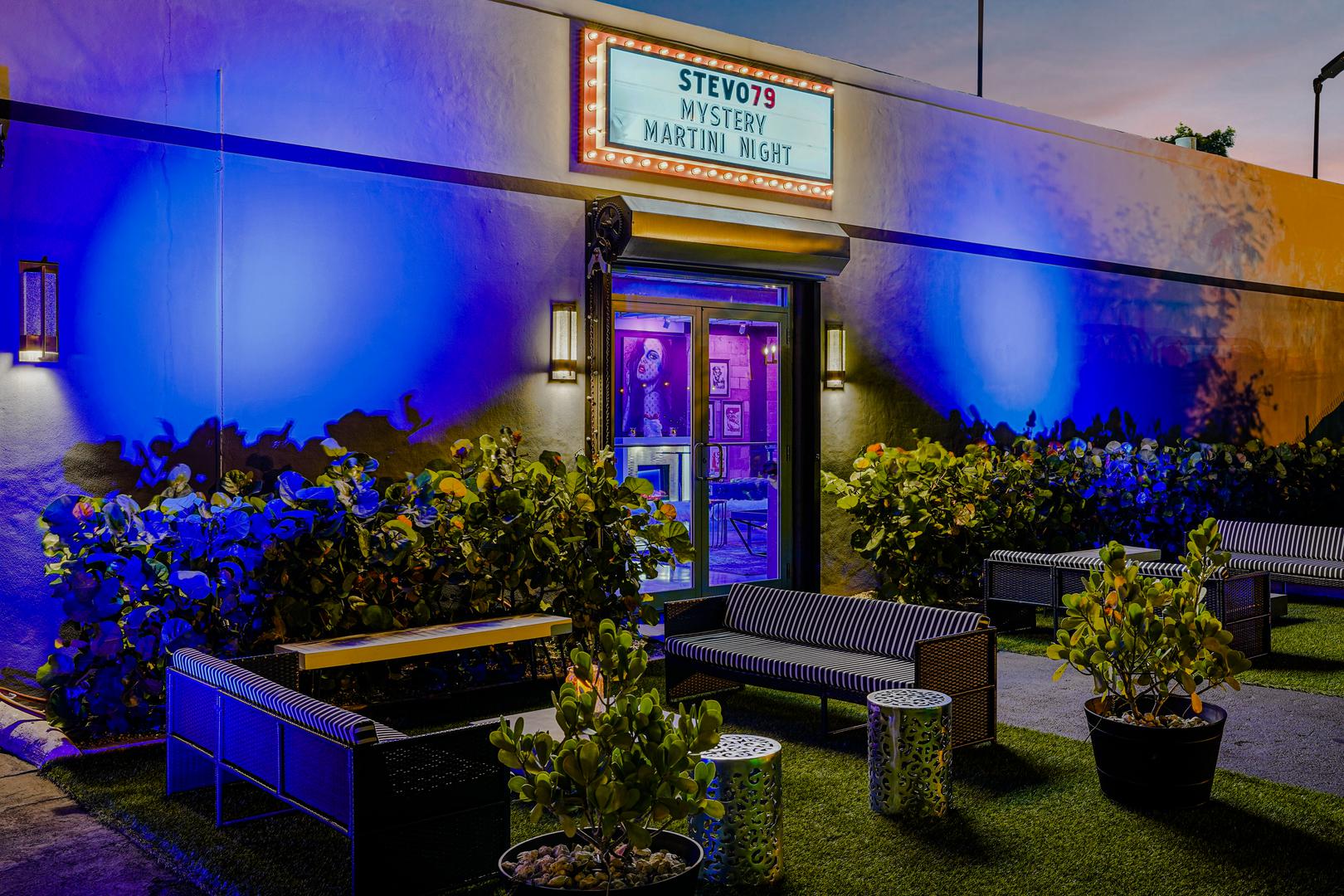
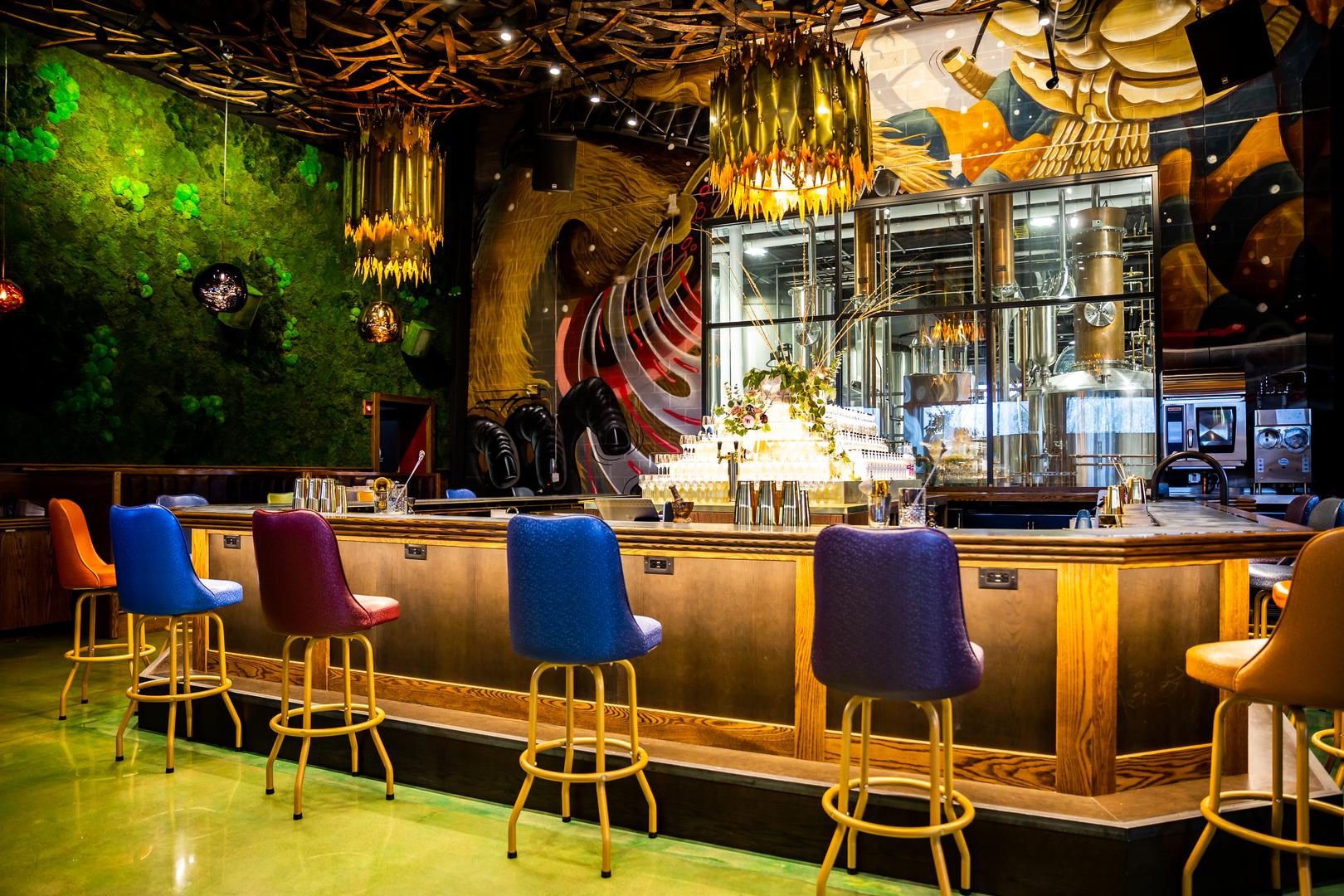


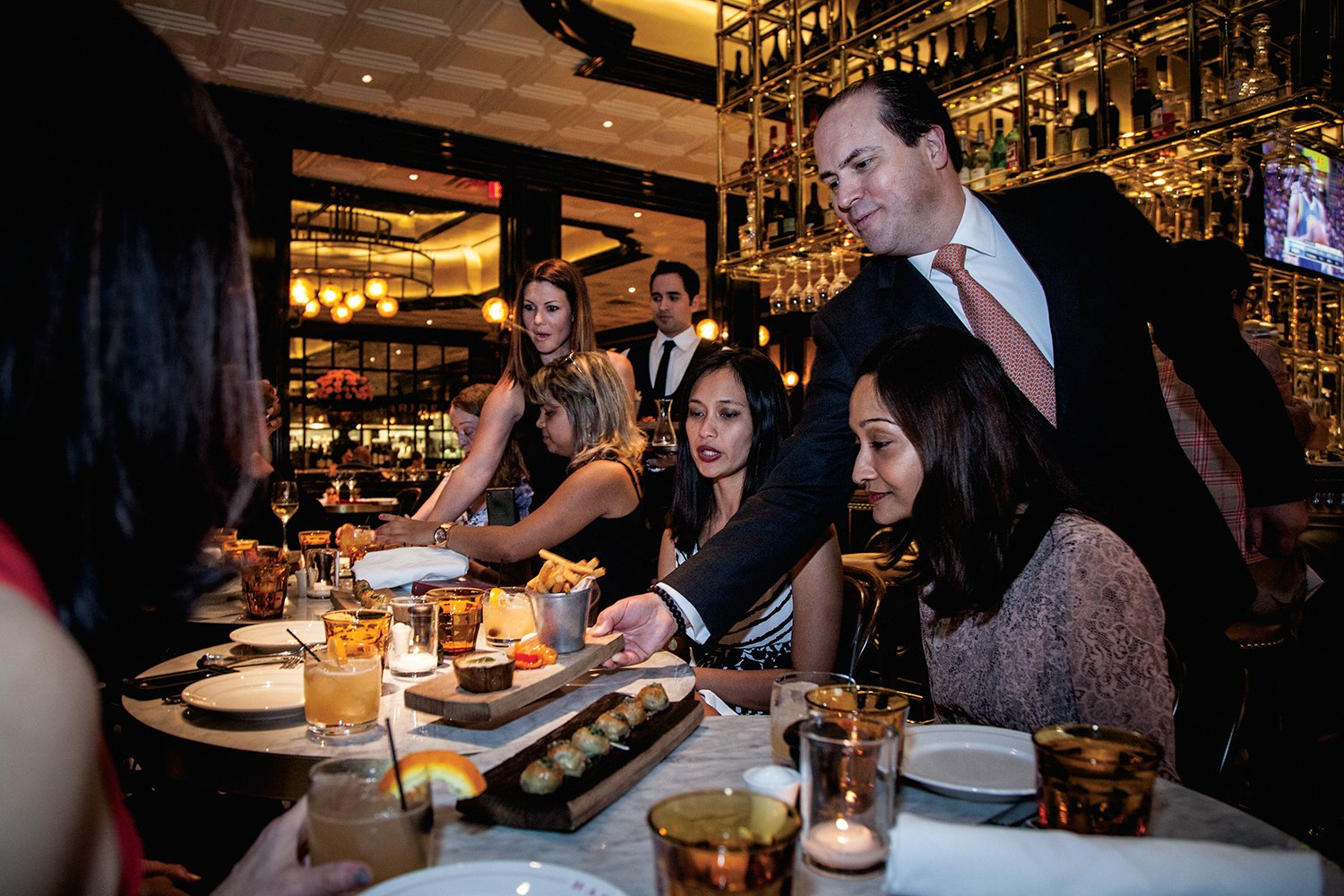
%20Where%20to%20Eat%20Near%20Willis%20Tower%20in%20Chicago.png)
